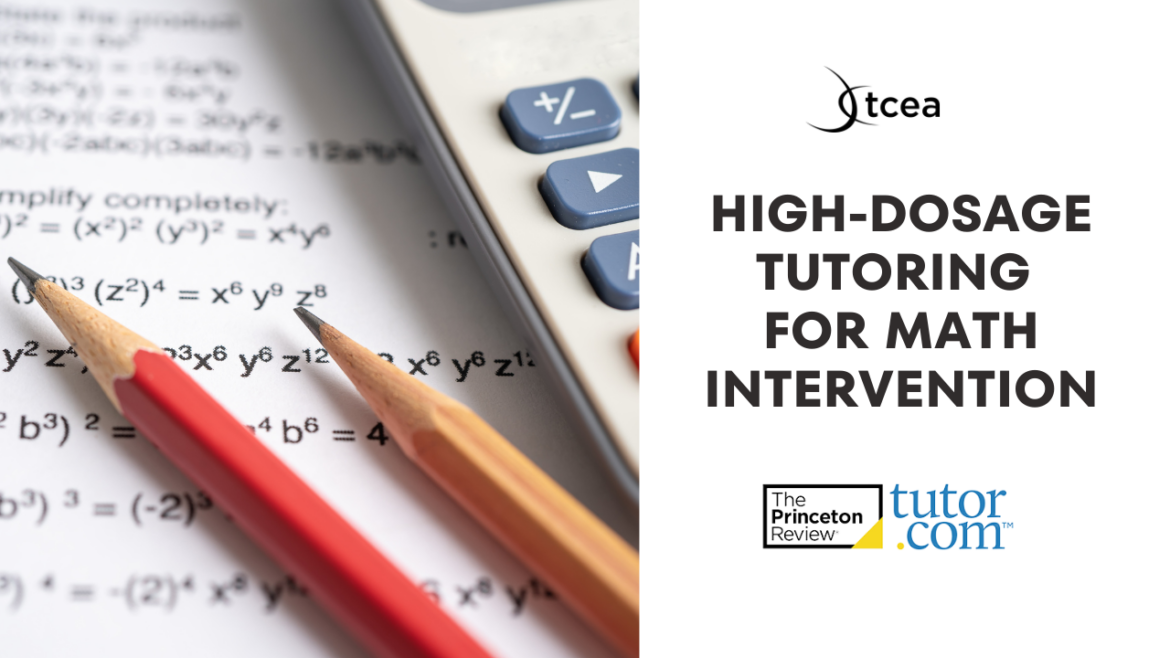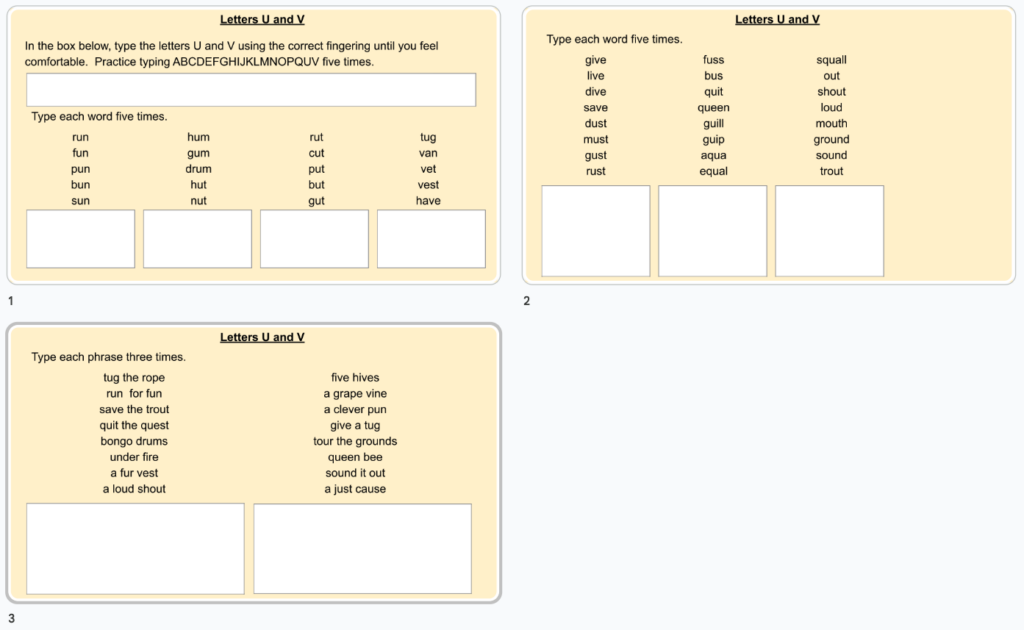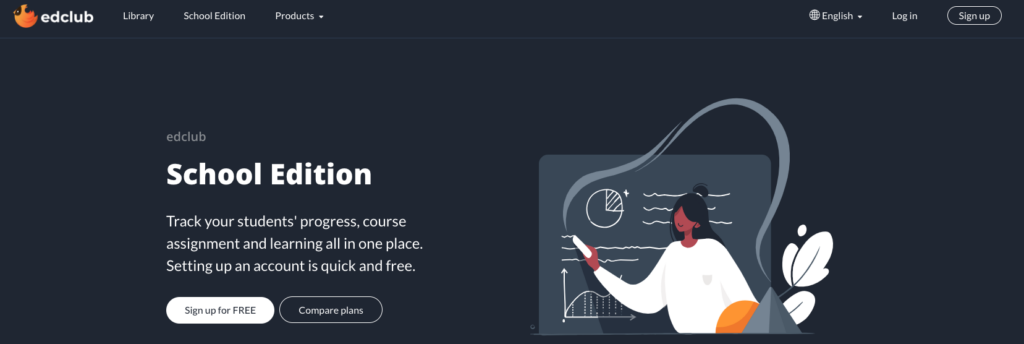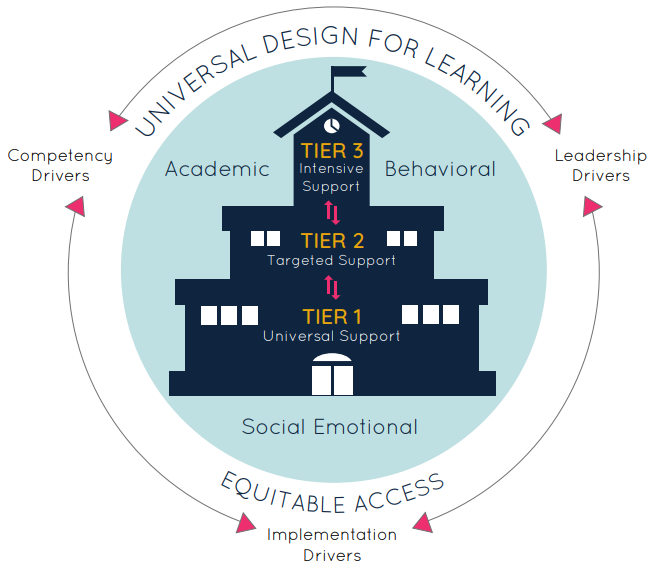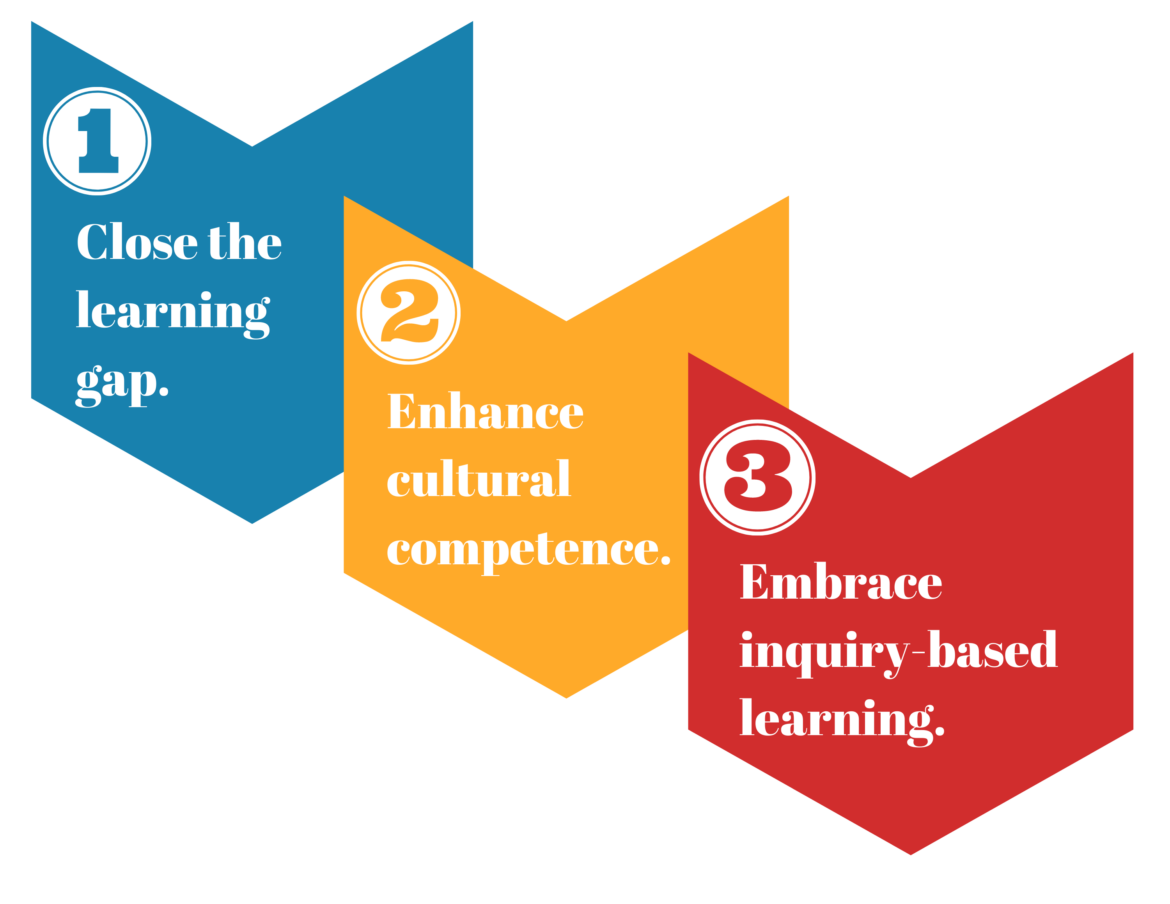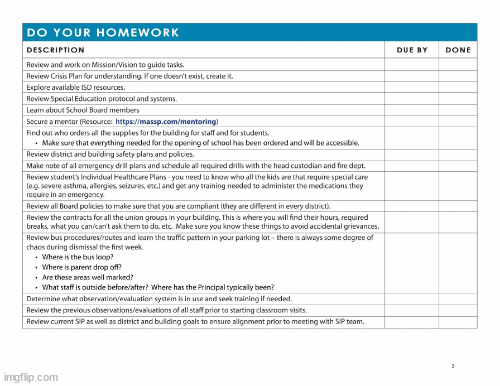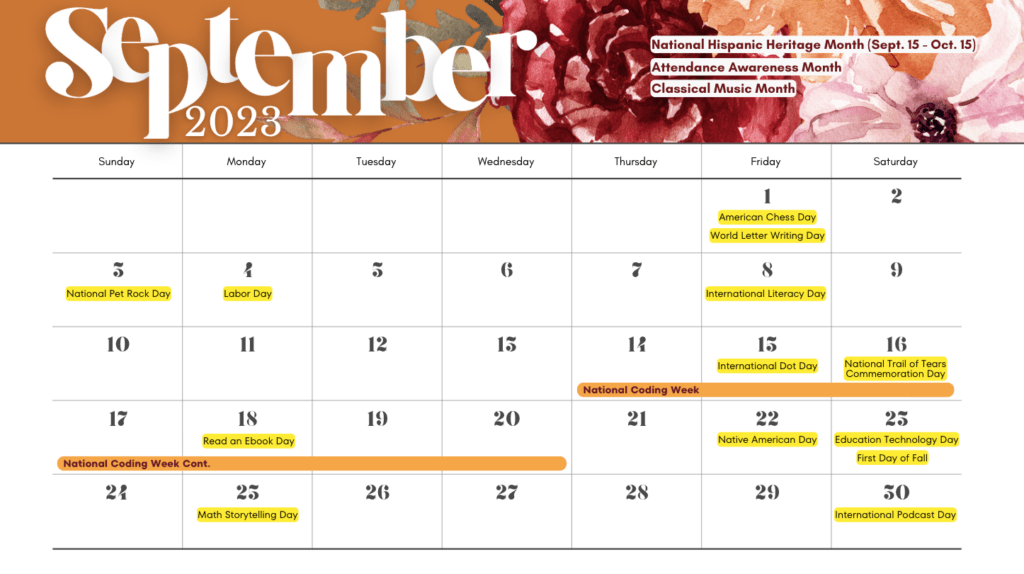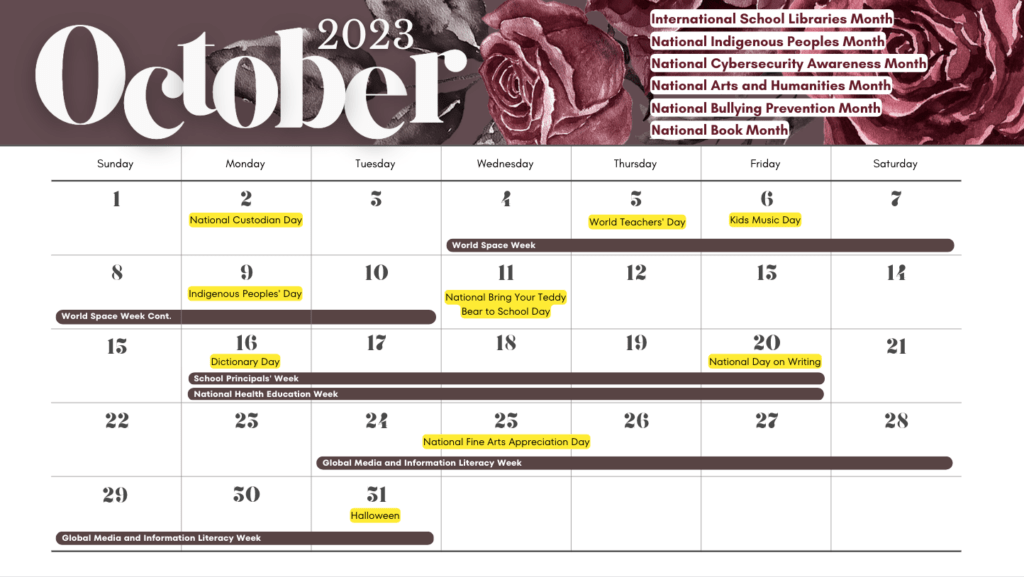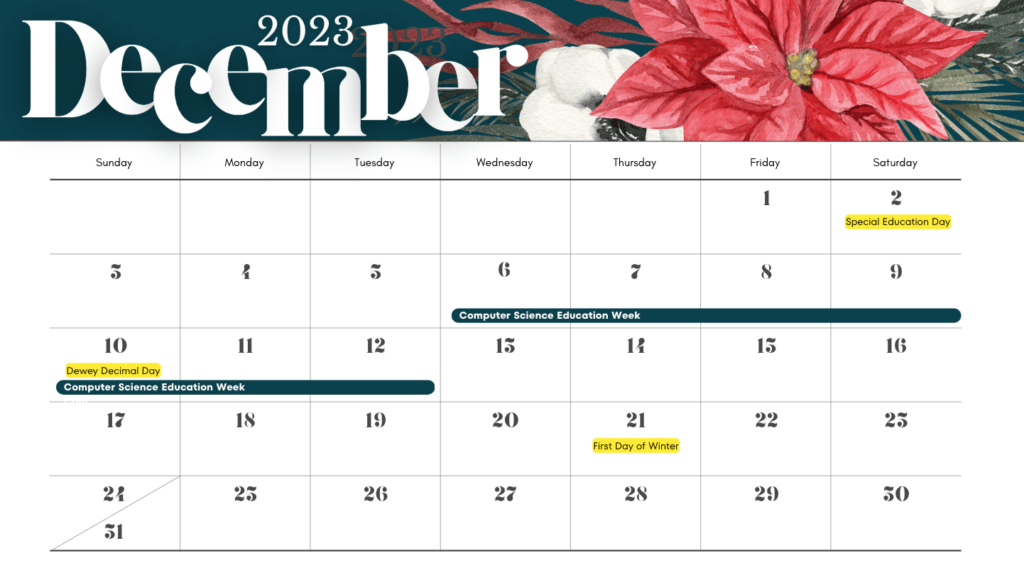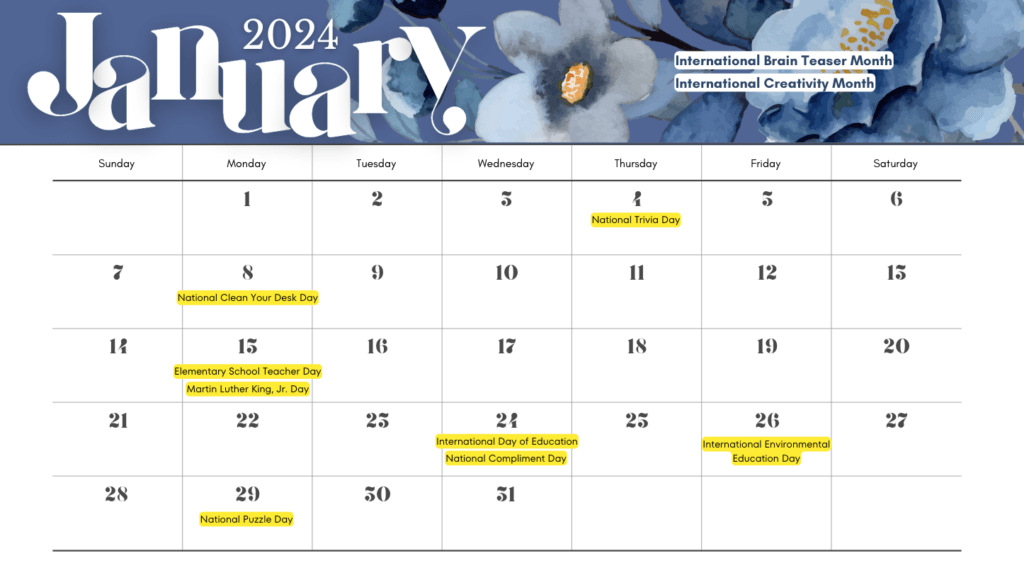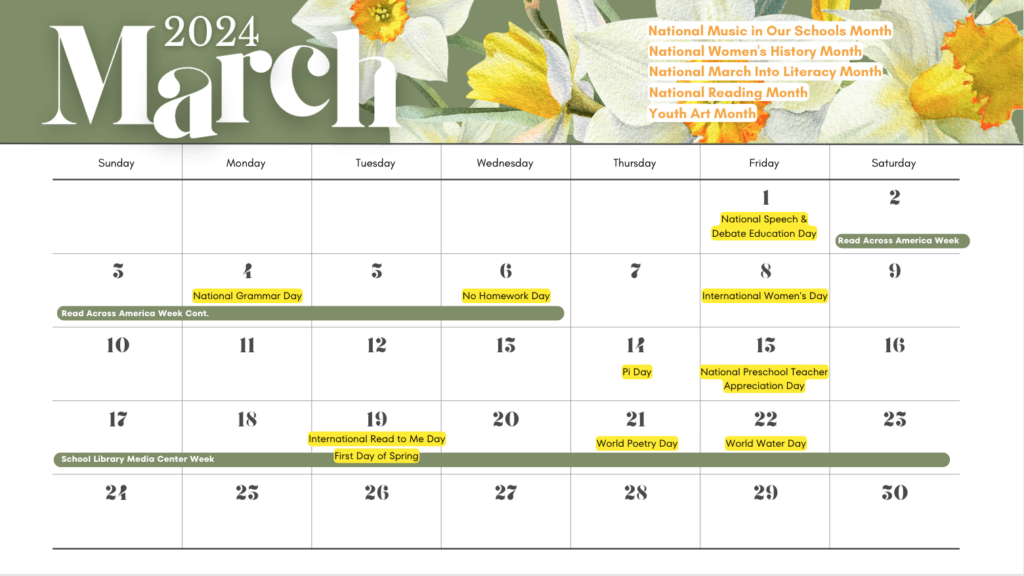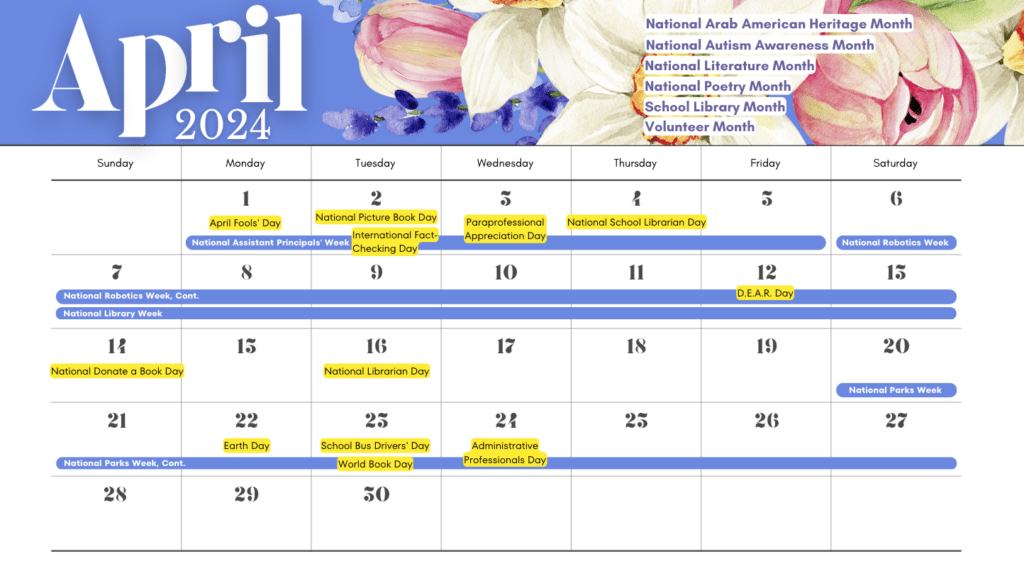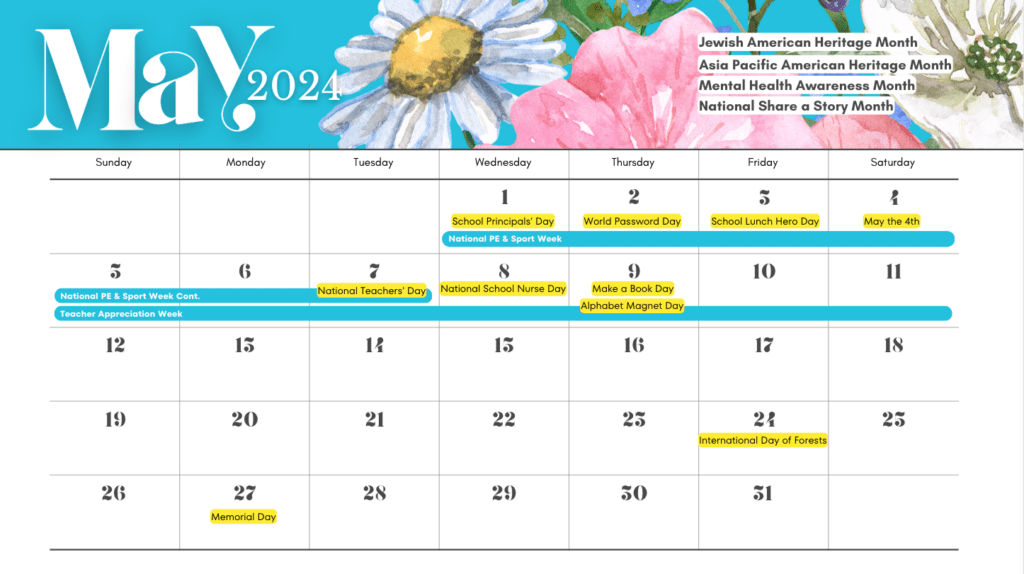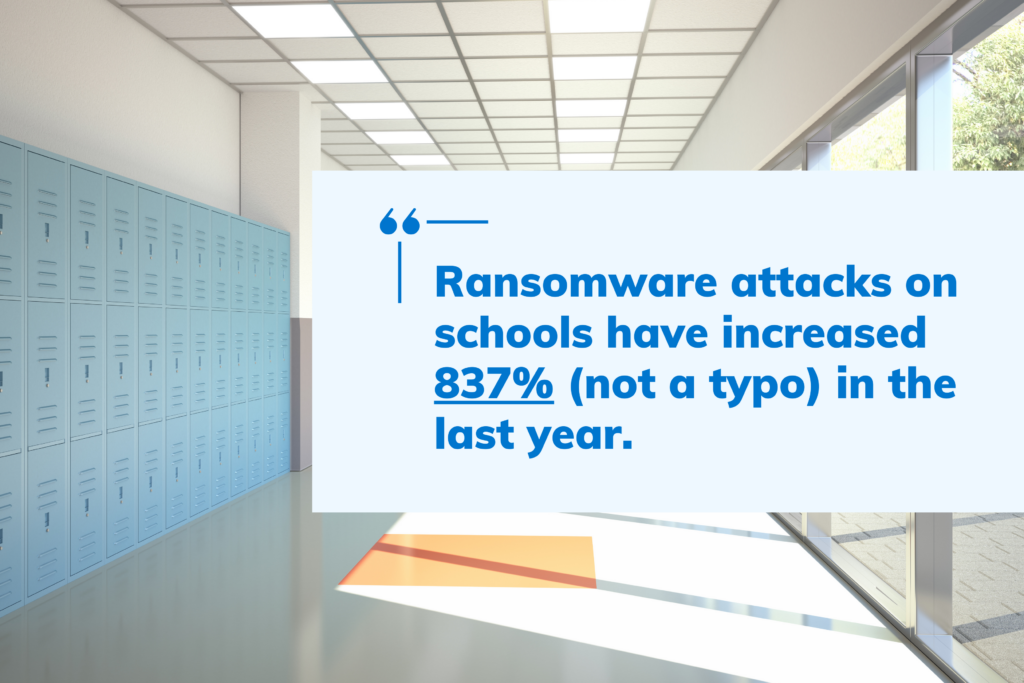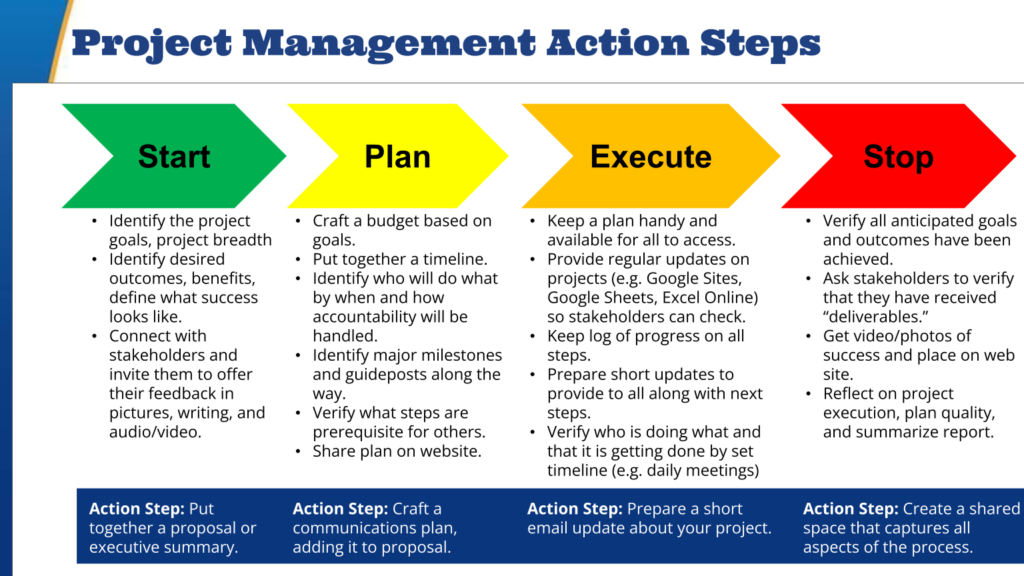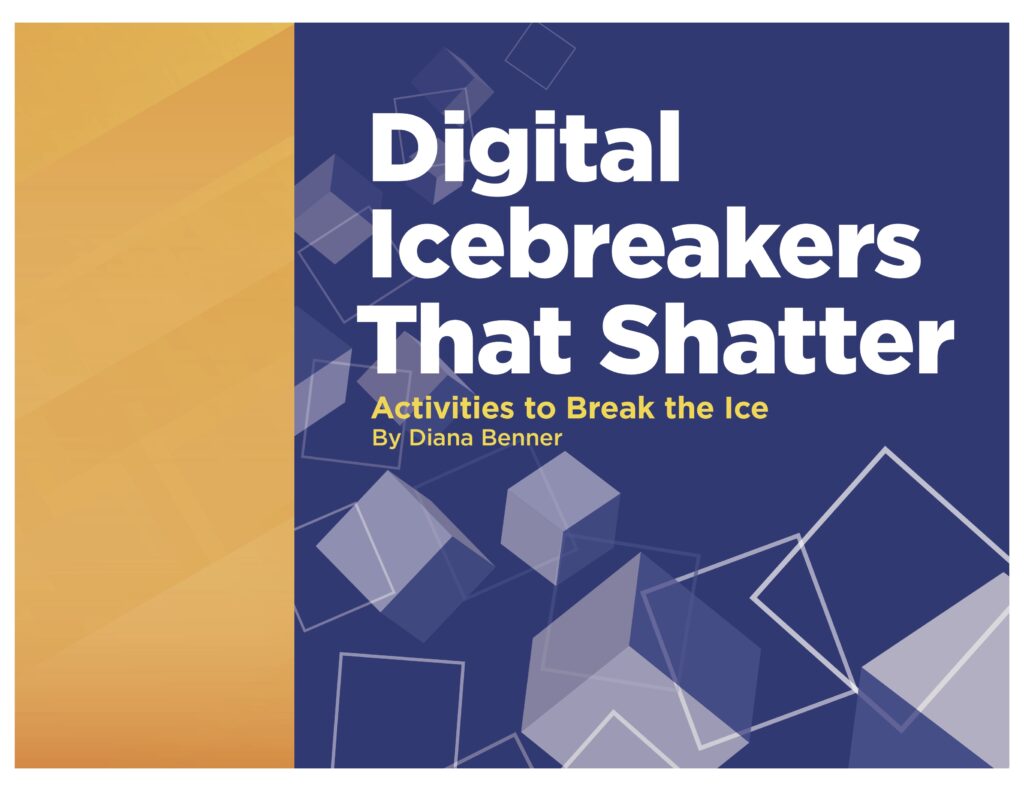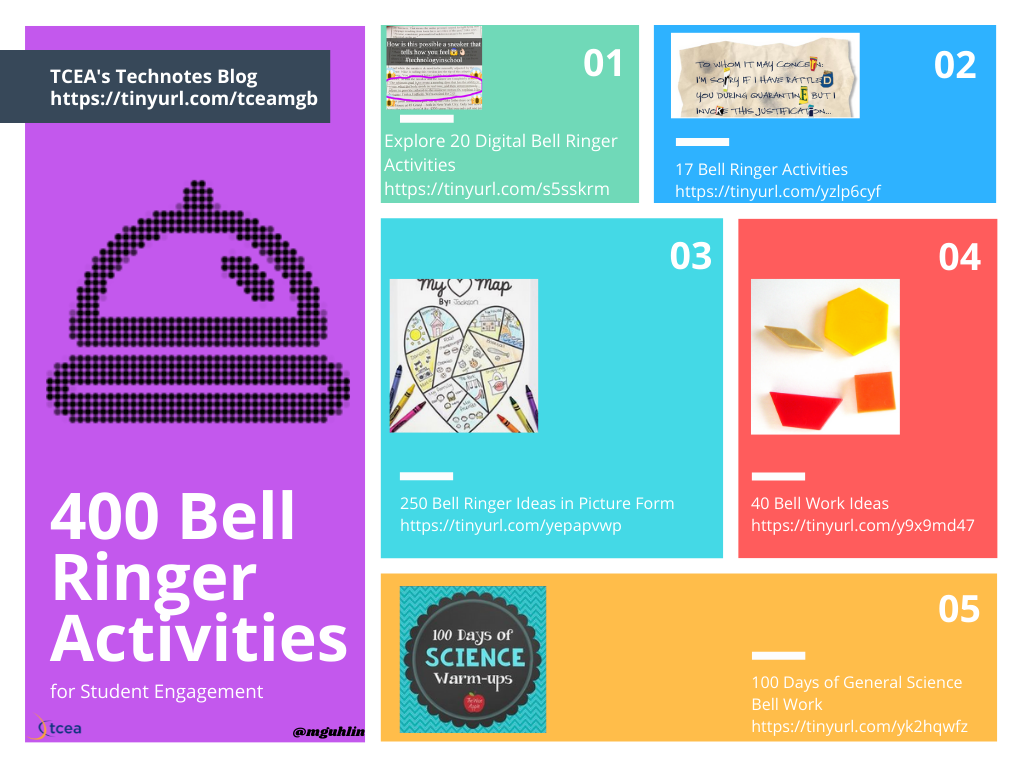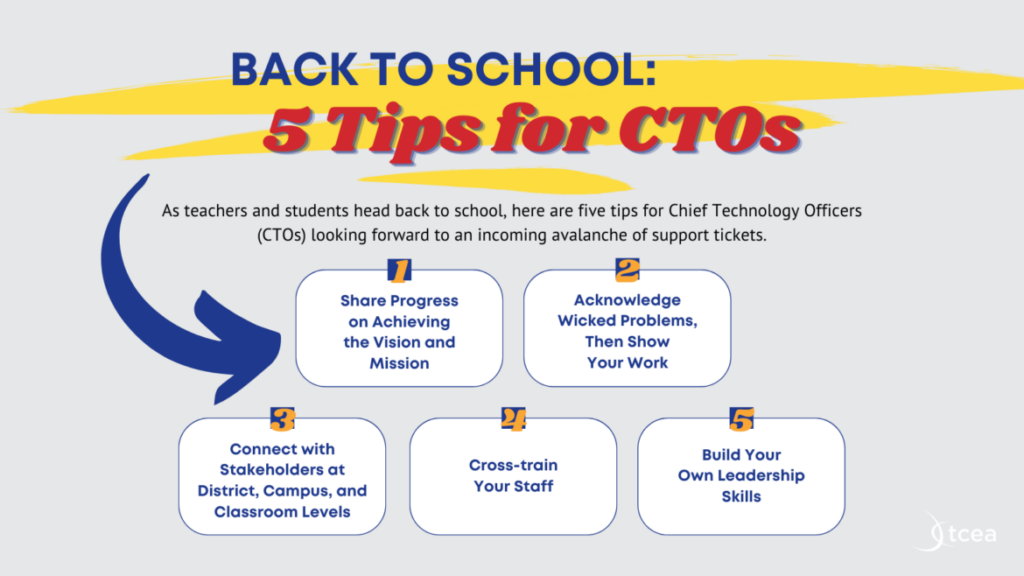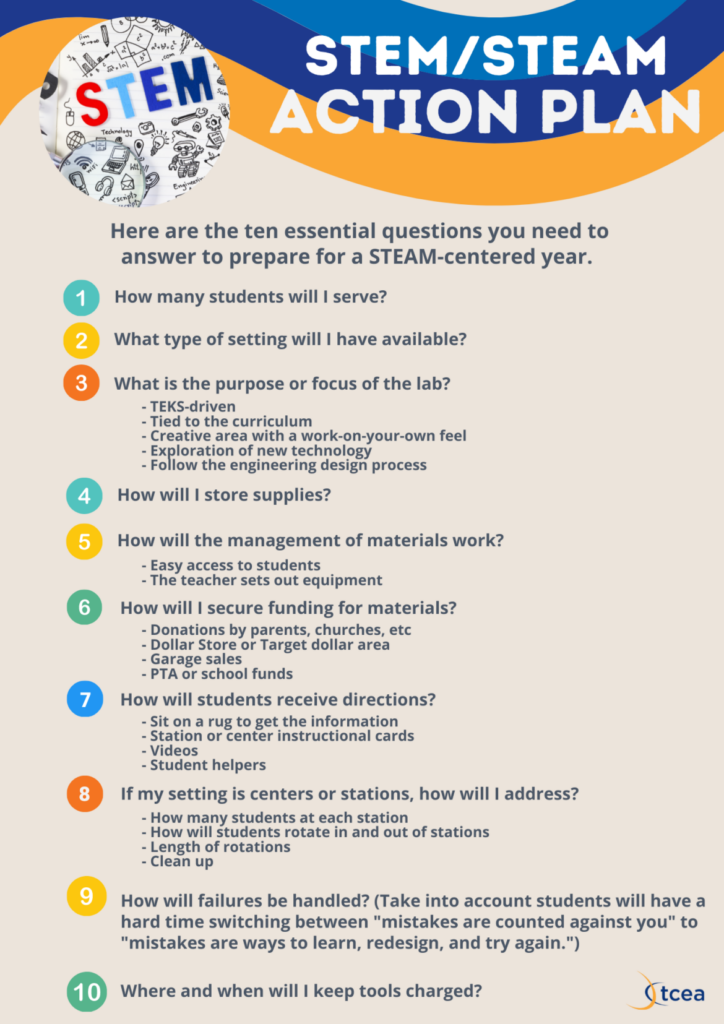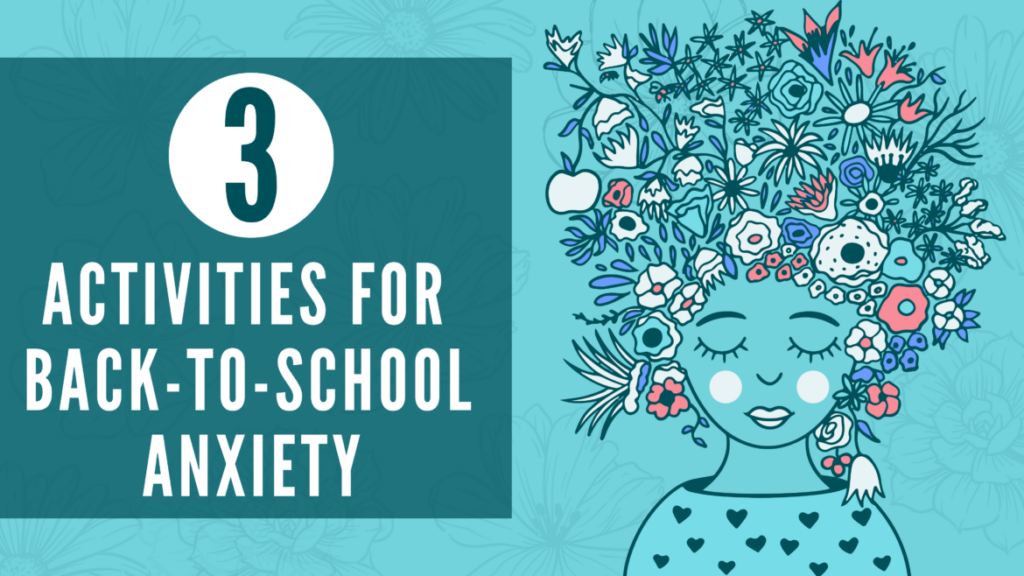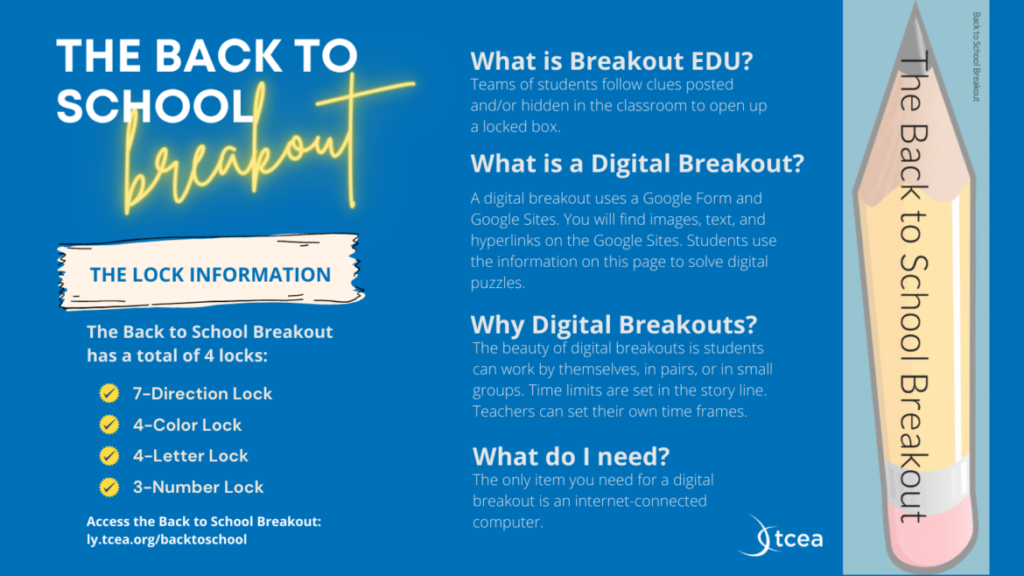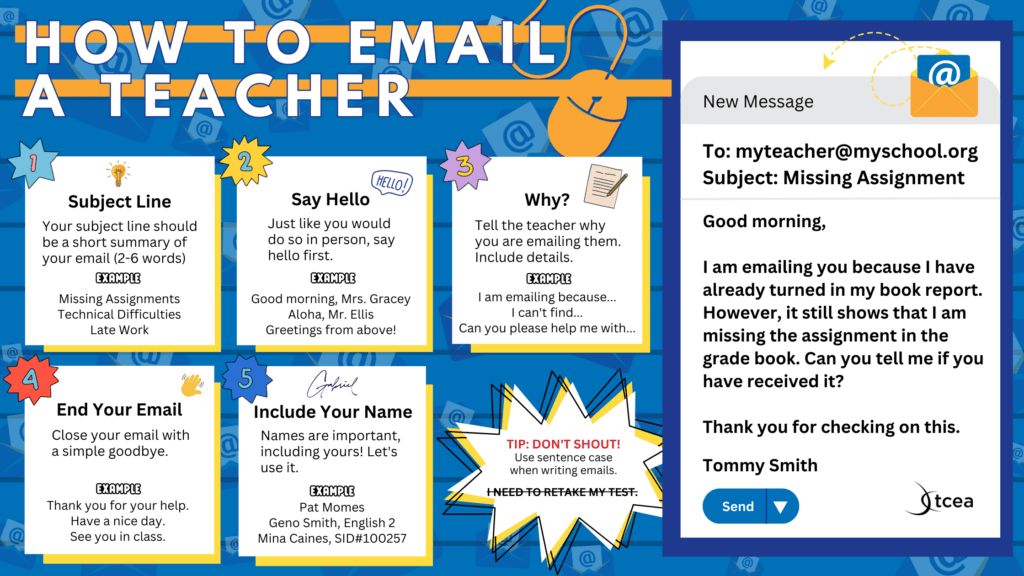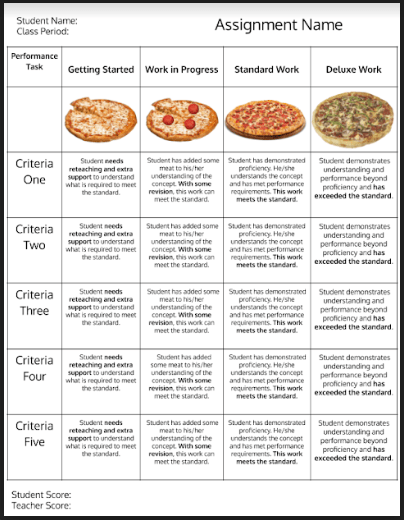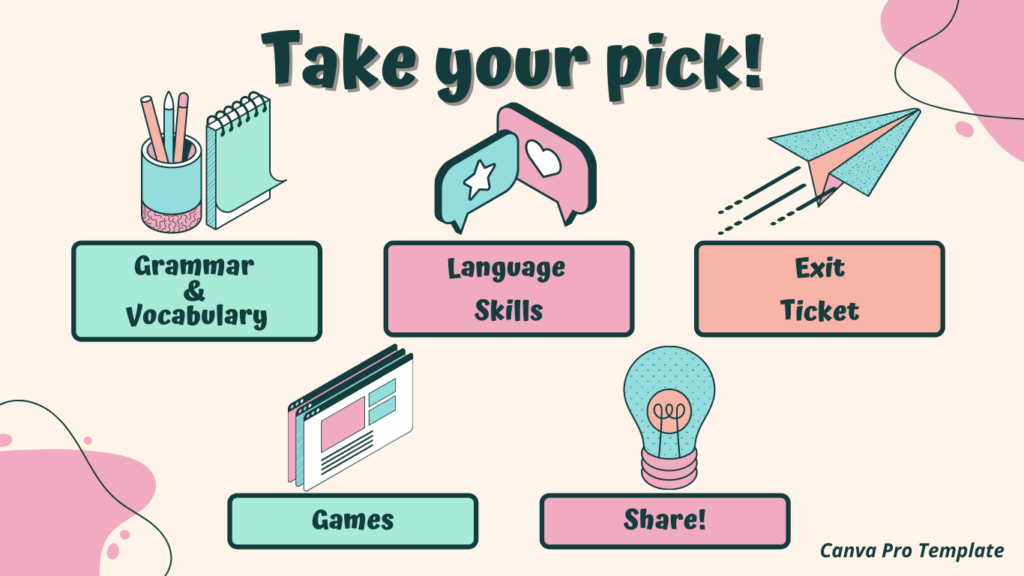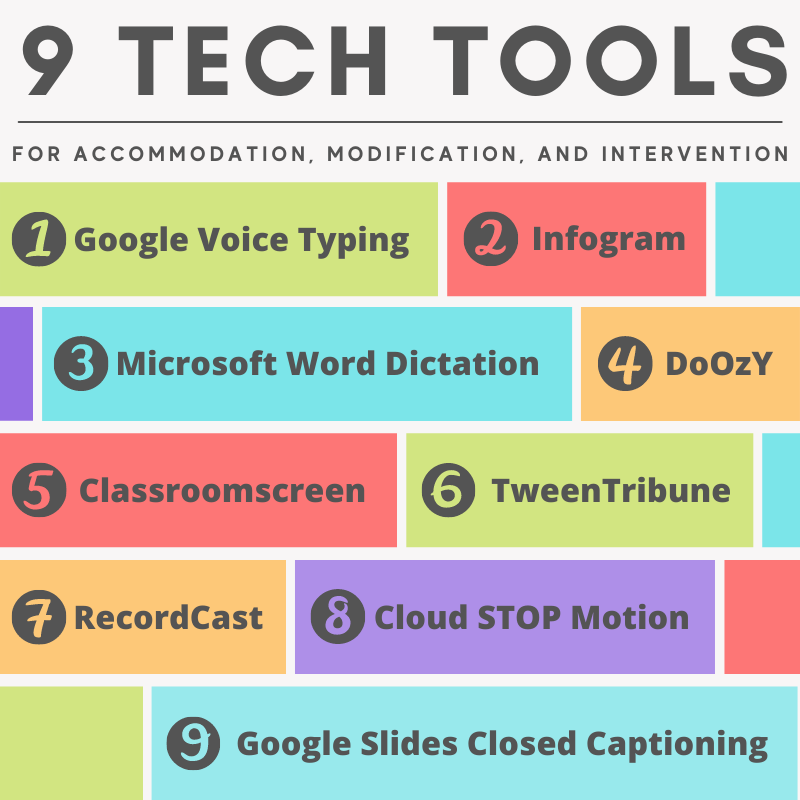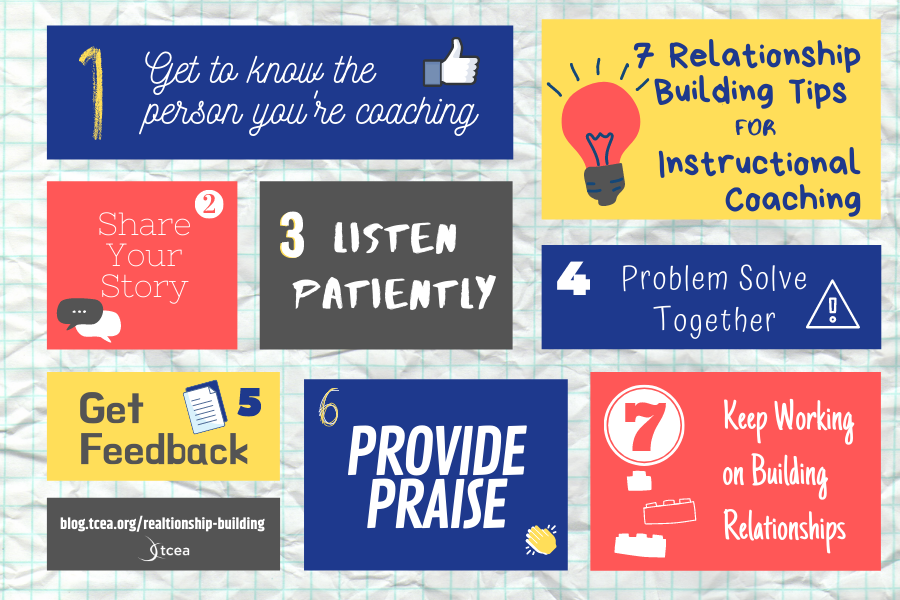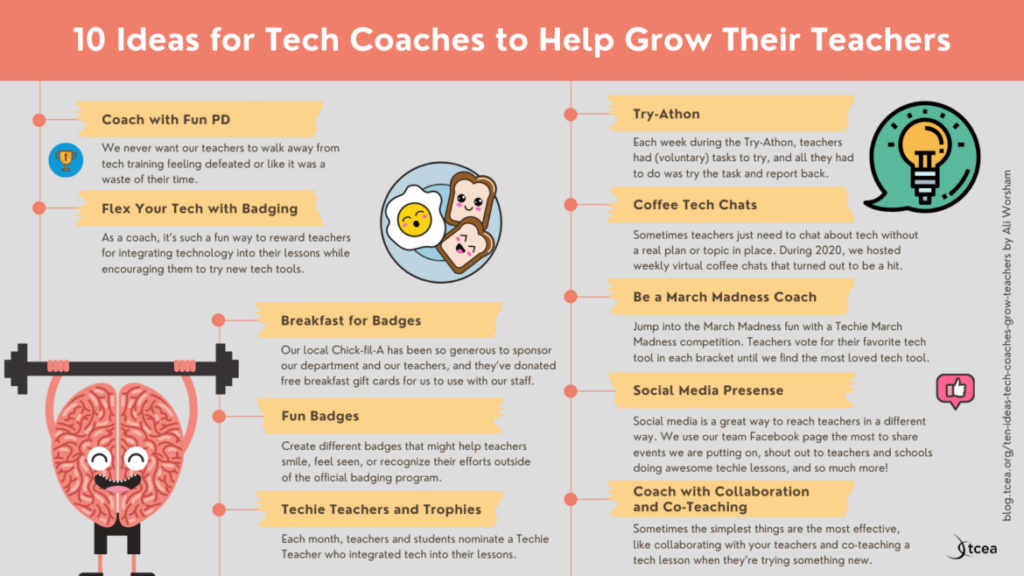The COVID-19 pandemic has significantly disrupted education, leading to widespread learning loss among students. In Texas, the recent results of the STAAR test reveal that only 45% of students are scoring at or above grade level in Algebra. This concerning trend has serious implications for students’ preparedness in STEM fields and college, as pointed out by Judith Cruz, a former HISD trustee and Texas assistant director for the Education Trust, in an interview with Texas Public Radio.
The Increasing Need for Math Tutoring
Low algebra scores are a pervasive and nationwide issue, with the National Assessment of Educational Progress (NAEP) data reporting math scores, on average, have declined by 9 points, reaching the lowest level in decades. The Princeton Review® and Tutor.com also report an unprecedented demand for algebra tutoring, correlating with historically low algebra assessment scores, and indicating that students are seeking math help more than ever.
Math, particularly algebra, has long been Tutor.com’s most requested subject. “Even for this historically popular subject and subtopic, we are meeting a demand for support we have not experienced before,” said Sandi White, Senior Vice President for Institutional Partnerships. “Our aggregate 2022 session data aligns with what Tutor.com tutors and quality specialists see every day.”
A Research-Backed Math Intervention
As the struggle with pandemic-related learning loss persists, High-Dosage Tutoring has emerged as a research-backed intervention to bridge the math achievement gap and provide timely assistance to students in need. The Annenberg Institute’s 2021 meta-analysis showcased the positive impact of High-Dosage Tutoring in Chicago Public Schools, where it significantly reduced math course failures by over 50% while improving overall course outcomes and math grades.
What Is High-Dosage Tutoring?
While High-Dosage Tutoring’s efficacy has been well-established among researchers, its application on a broad scale has never been more crucial. Effective High-Dosage Tutoring models, like the one provided by The Princeton Review and Tutor.com, follow the methodology outlined by the Annenberg Institute at Brown University. This model recommends a minimum of three weekly sessions with a consistent tutor in a small-group setting during school hours.
High-Dosage Tutoring is a powerful and research-backed intervention to bridge the math achievement gap for students and provide much-needed assistance in their learning journey. With its proven effectiveness and scalability, High-Dosage Tutoring can further empower students to regain their math confidence and proficiency, setting them on a path to success in mathematics and beyond.

